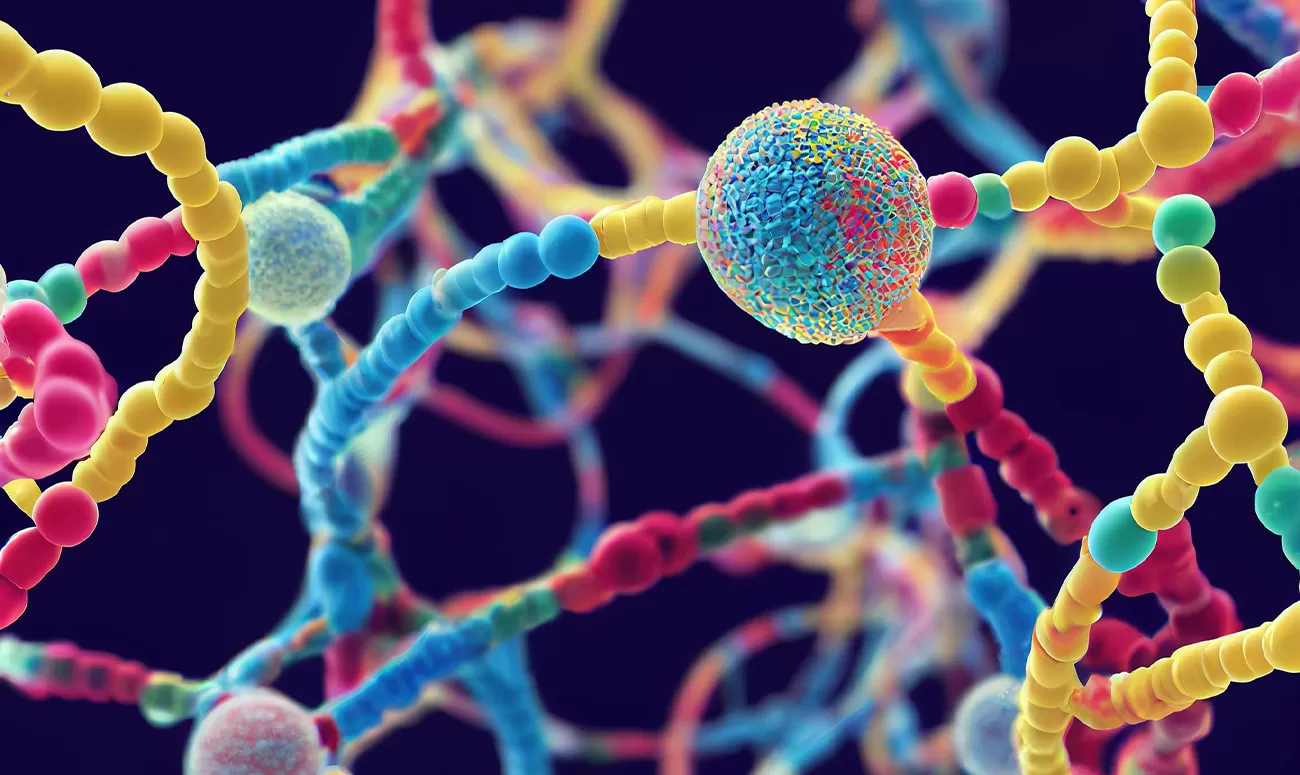Are Short Chain Fatty Acids the Gut-Microbiome Superhero?
Your gut is not only just a vault holding the foods you eat during the day. Your gut also hosts trillions of bacteria and other microorganisms together, making a community known as the gut microbiome. Your gut microbiome contributes to many different areas of health, both directly and indirectly. Your gut’s superheroes are not always a particular strain of bacteria but can also be the different substances produced by microbes like short-chain fatty acids.
Short-chain fatty acids (SCFAs) are small molecules produced following the breakdown of dietary fibre by bacteria in the gut microbiome. The most abundant SCFAs in the body include acetate, propionate, and butyrate. These small molecules certainly do not go unrecognized; they pack a punch despite their size. SCFAs play a role in maintaining gut health and protection against disease. They help regulate several important metabolic pathways and are involved in obesity, insulin resistance, and type 2 diabetes [1].

One of the well-defined health benefits of SCFAs is their ability to maintain and strengthen the integrity of the gut lining. In a healthy individual, the gut lining is intact, and the cells that make up this barrier, known as colonocytes, are strong. A threatened barrier allows toxins, pathogens, and partially digested food to cross over into the rest of the body. Butyrate is the preferred energy source for colonocytes [2], but all SCFAs contribute to the stability of the gut lining.
Studies have shown that the composition and diversity of the gut microbiome can influence SCFA production. A high microbiota diversity is associated with the digestion of many complex carbohydrates and thus increased levels of these superhero metabolites [1]. The microbiome is an integral part of human health, and SCFAs are essential to maintaining its balance.